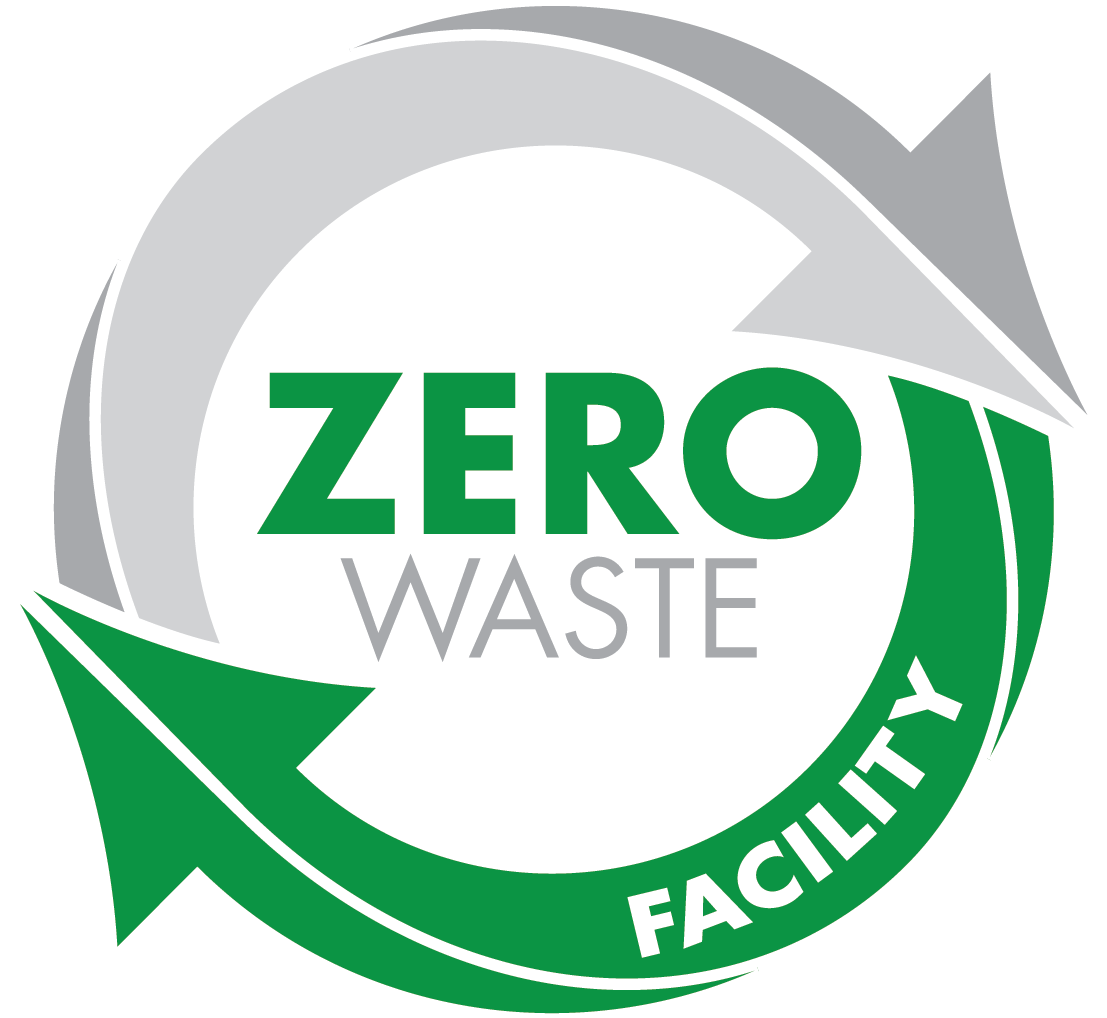Blog

A circuit board assembler when finalizing the design with the client will always look at the material composition of the board. Whereas PCBs are assumed to be of the same composition because “they are all green”, a good circuit board assembler knows to select the material most appropriate for the application the PCB is going to be deployed in.
Choosing the right substrate material will affect the longevity of the PCB; make sure you choose the one that's best for your application.
FR4, also known as Fire Retardant 4, is a common material used in PCB construction. The material, as the name suggests, imbues the board with good anti-combustion capability and adds some strength to the PCB as well. That it is so widely used in PCB manufacture is indicative of the benefits its provides.
But FR4 is not the only material that can be used by a circuit board assembler. Which is why you should always make sure you specify which material to use. This caution is especially warranted in today’s industrial connectivity and the Internet of Things concepts that have overtaken virtually all development and expectation in industrial gadgetry. Heat tolerance and durability in a small package are more vaunted than ever before.
A circuit board assembler can choose to use epoxy or resin based materials substituting FR4 in the assembly. Whereas not easily identifiable by an inexperienced handler of PCBs, anyone with experience will immediately notice the different characteristics of the board. What’s more, resin and epoxy based techniques yield boards that particularly sensitive to heat. For instance, even localized heating such as the kind that is emitted during soldering will cause the epoxy to delaminate.
As such, the structural rigidity of the board, its tolerance to temperature differential will be impacted by the choice of material by the circuit board assembler. This will manifest itself in the manner in which the PCB performs: reliability will almost certainly be impacted, especially over the longer term; how dependable the board is will affect how the client chooses to deploy it; the longevity of the board will have to be taken into consideration as well.
If the substrate employed in the PCB is not of adequate specification or quality, the copper layers will not bind to appropriately, further affecting board reliability and specification.





